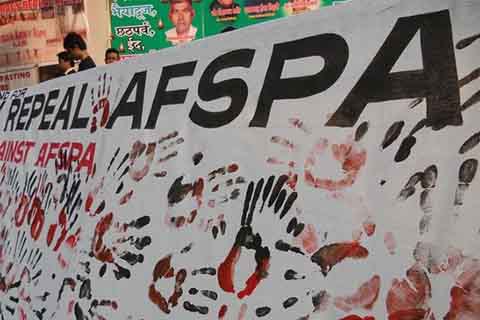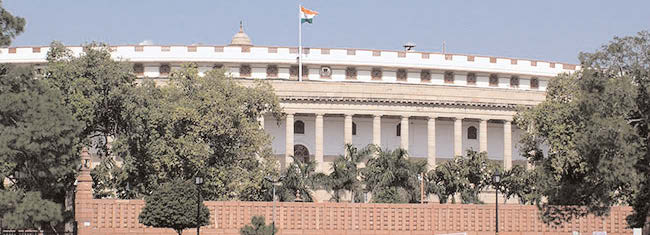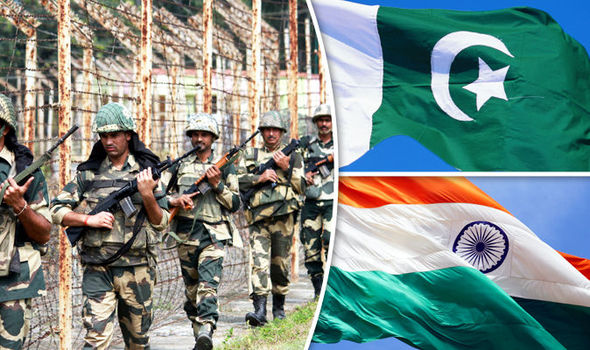
NEW DELHI (TIP): Campaigners against the “draconian” Armed Forces Special Powers Act (AFSPA) led by Irom Sharmila got a major boost when the Supreme Court in a landmark direction on July 8 said armed forces or police cannot use “excessive or retaliatory force” in even areas declared ‘disturbed’ where this special Act is applicable.
The court was passing directions in a PIL filed in 2012 by the Extra Judicial Executions Victims’ Families Association seeking a “probe into 1,528 fake encounter killings in Manipur in the last two decades” by armed forces and Manipur Police.
ARMED FORCES INVOLVED IN KILLING INNOCENTS
They alleged a majority of them have been carried out in cold blood while the victims were in custody and allegedly after torturing them. AFSPA is a law enacted in 1958 which gave unbridled powers to the armed forces. Armed forces personnel get the right to shoot to kill based on mere suspicion that it is necessary to do so in order to “maintain public order” in a “disturbed area”.
“Use of excessive force or retaliatory force by the Manipur Police or the armed forces of the Union is not permissible. As is evident from the Dos and Don’ts and the 10 Commandments of the Chief of Army Staff, the Army believes in this ethos and accepts that this principle would apply even in an area declared as a disturbed area under AFSPA and against militants, insurgents and terrorists. There is no reason why this principle should not apply to the other armed forces of the Union and the Manipur Police”, said a bench headed by Justice MB Lokur.
‘COLLATE DATA OF ALLEGED FAKE ENCOUNTERS’
The court directed Amicus Curiae Maneka Guruswamy (senior lawyer assisting the court) and the petitioners to collate data regarding 1466 cases of alleged fake encounters. She has also been asked to inform status of another 62 encounters which have already been documented.
Sharmila, who has been on a hunger strike for over 14 years, has become the symbol of protests against alleged army atrocities in Manipur.
“If members of our armed forces are deployed and employed to kill citizens of our country on mere allegation or suspicion that they are ‘enemy’ not only the rule of law but our democracy would be in grave danger.
Any allegation of excessive force resulting in the death of any person must be thoroughly enquired into”, said the bench. Earlier, damning reports submitted to the Supreme Court by two panels of judges have confirmed that armed forces personnel were involved in rapes and killing of innocent people in Manipur.
IDENTICAL PATTERN
In April 2013, a commission headed by former SC judge Santosh Hegde inquired into six killings by armed forces and police and found the allegations to be true. It had concluded that seven victims in the six cases, including a 12-year-old boy, did not have criminal antecedents and were not involved in any insurgency-related matter. The report pointed out that four out of these six cases shockingly followed an identical pattern.





Be the first to comment